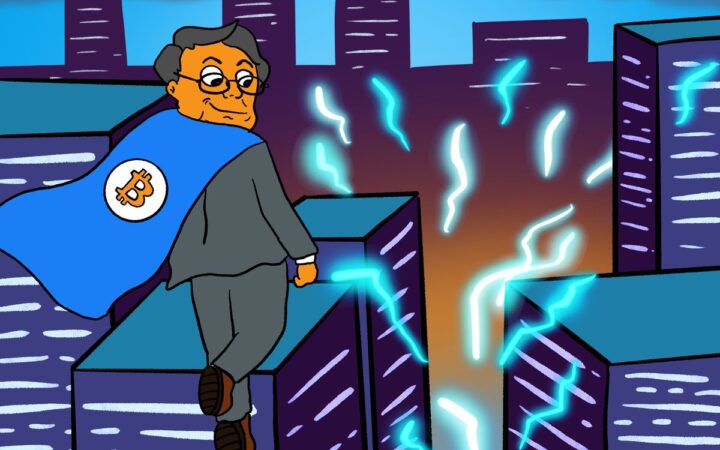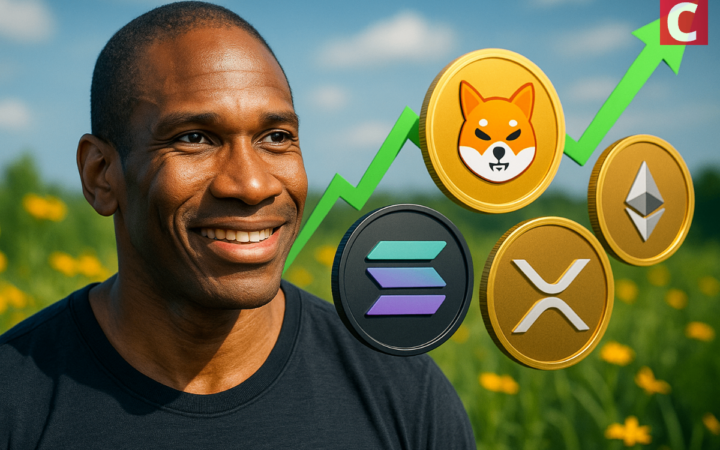Blockchain Games: Explained
Blockchain games are simply video games that utilize blockchain technology, either for the entire framework or just the in-game economy. For example, some games are built on a blockchain like Ethereum so that every gameplay interaction is stored and verifiable as new blocks. Other games, however, only implement NFTs to represent in-game assets, so players can trade/buy/sell weapons, skins, pets…for real-world money.
All these games share the same main characteristic that is decentralization, or at least a greater level of decentralization compared to traditional video games.
Blockchain Game Genres
It’s not easy to categorize blockchain games just yet as the lines are not entirely clear-cut, but these examples can demonstrate how versatile blockchain games are.
Collection Games
Collection games heavily rely on NFTs, which themselves possess a great many applications beyond gaming. It’s rather similar to digital-art collection – you can argue that’s a game in itself. To understand collection games, let’s take a look at CryptoKitties.
CryptoKitties is one of the first blockchain games to make big waves. Players would first have to purchase 2 kitties from the game’s marketplace. Then, you can breed them together to make an offspring for a bit of gas fee. After that, you can decide to keep breeding, buy new kitties or put yours on sale for other players.
The game wouldn’t work without NFTs. Each kitty has a unique appearance from all the others and is represented by an NFT. The rarer and more attractive a kitty is, the higher the price it can be sold for. The most expensive kitty named Dragon was sold for 600 ETH!
Open-World Games
The next type of blockchain games take inspiration from the classic video game Minecraft. A few examples are Decentraland or The Sandbox; and because it’s a blockchain game, players buy parcels of land for real money, customize their land with facilities, trees, humans and whatnot, and they can sell it back to others (for real money).
If you think this sounds like digital real estate, perhaps you’re not too far off: a patch of real estate in The Sandbox was sold for $650,000. In addition, Atari launched a crypto casino in Decentraland that lets people have a land-based casino experience…but virtually. The possibilities are truly open.
Other Genres
Blockchain games have attempted to expand over to all the genres of popular video games. For card-building games, we have Splinterlands and for role-playing games, there’s The Six Dragons using the Enjin blockchain. There are even blockchain racing, battle royale, and MMO games.
Blockchain Games vs Traditional Video Games
Even though you don’t have to choose one, comparing the two is a good idea to figure out where blockchain games’ place is in the grand scheme of things.
Benefits of Blockchain Games
More Meaningful Economy. The fact that in-game assets are NFTs means that these items have tangible value, unlike those in traditional video games. You can invest thousands of dollars into video games like LoL or Fortnite, but once you switch to another game, that money is forever stuck in the game.
In contrast, with blockchain games, you can freely trade or sell your game assets, which not only brings more value to these games but in some cases, players can even make a profit playing games. Your NFTs are yours, safe in your wallet, untouchable even from the game’s developers.
Transparency and Decentralization. Purebred blockchain games often allow players to stake the game’s native currency to participate in the games’ governance. This prevents corruption from the developer side and ensures the game’s updates satisfy the gamers.
What’s more, every interaction in a true blockchain game is stored on the blockchain, which makes sure the game operates in a fair and transparent fashion. Cheating is one of the most frustrating phenomena in video games, so it’s a big achievement that purebred blockchain games will have no cheater.
Benefits of Traditional Video Games
Stability and Scalability. It is not yet realistic to build a complex game for a large player base on blockchain. Evidently, CryptoKitties once created network congestion on Ethereum in 2017. Considering that CryptoKitties was a game about breeding cats with a tiny player base, one could only imagine how would any blockchain handle something like League of Legends (115 million monthly players)?
Now, games that only utilize the blockchain technology into its asset ecosystem won’t run into the same scalability problem, but instead, they can’t achieve the level of decentralization and transparency mentioned earlier.
Entertainment Value. The whole purpose of video games is to have fun, and normal video games usually get this down right. In contrast, due to the problem with scalability, many blockchain games lack complexities, leading to less entertainment value. In fact, many people who play these simple, collection blockchain games see them as an investment, a means to make money rather than leisure. It’s a great thing that they can find a new type of ‘side job’ but that’s just not what gaming is supposed to be.
Approachable to Everybody. If you didn’t know already, kids and teenagers take up a large portion of video games’ audience. So when blockchain games require you to create a crypto wallet, have a base knowledge of cryptocurrencies and how to convert them back to fiat, it will alienate most young gamers.
What’s more, you often need to spend an initial sum of money to be able to play blockchain games, and not everybody is willing to do that. These kinds of restrictions will definitely hinder blockchain games from achieving a mainstream status.
Conclusion
As of the moment, it’s unlikely for blockchain games to compete with traditional video games. But this doesn’t mean the potential is not there. They may be a huge industry down the road when technology improves and are very much worth keeping an eye on.
Disclaimer: Coinspeaker is committed to providing unbiased and transparent reporting. This article aims to deliver accurate and timely information but should not be taken as financial or investment advice. Since market conditions can change rapidly, we encourage you to verify information on your own and consult with a professional before making any decisions based on this content.

Jack is a crypto enthusiast who is passionate about sharing his knowledge with people around the world. In his free time, he also loves to do rock climbing and write about all kinds of topics on his Medium.





